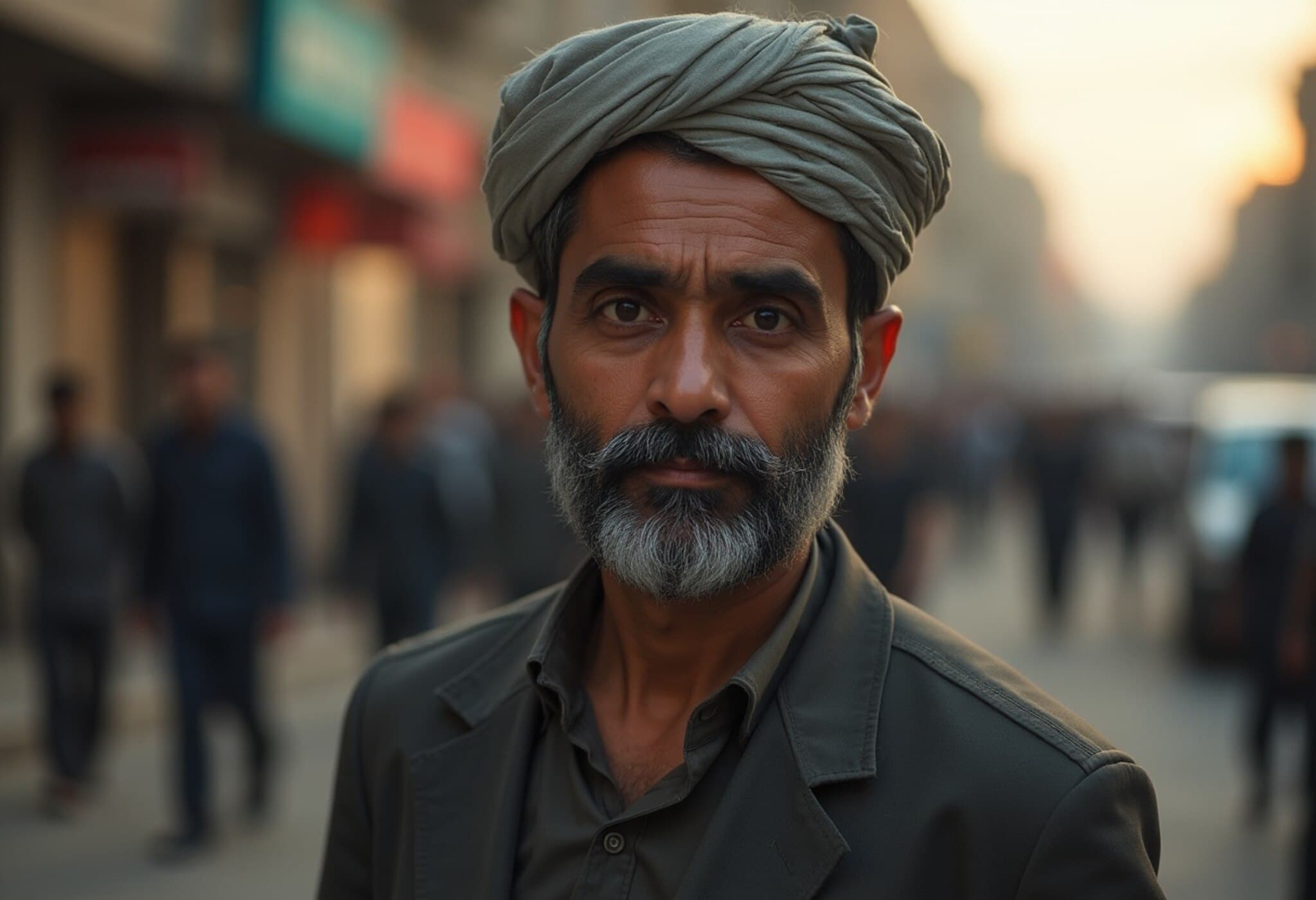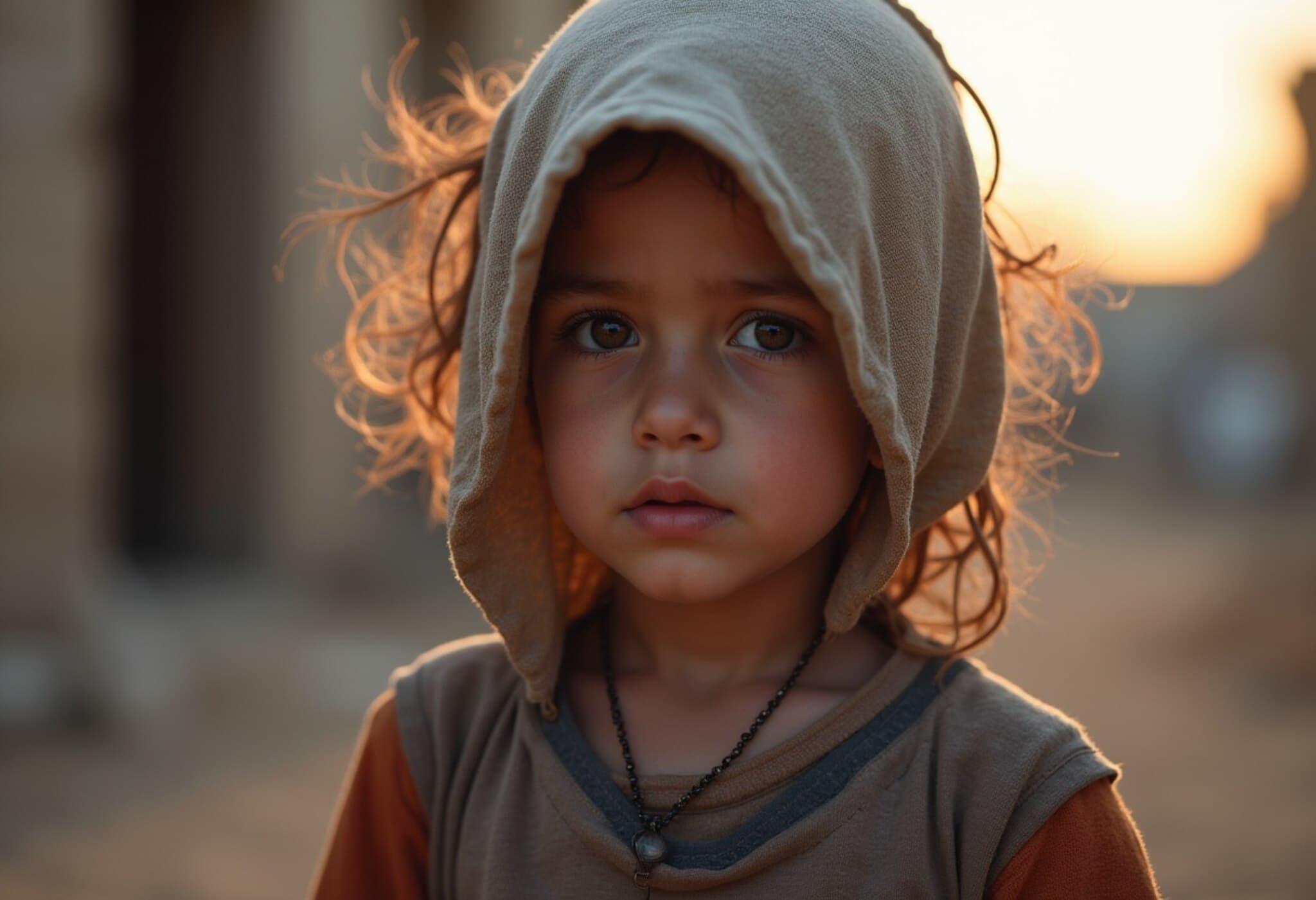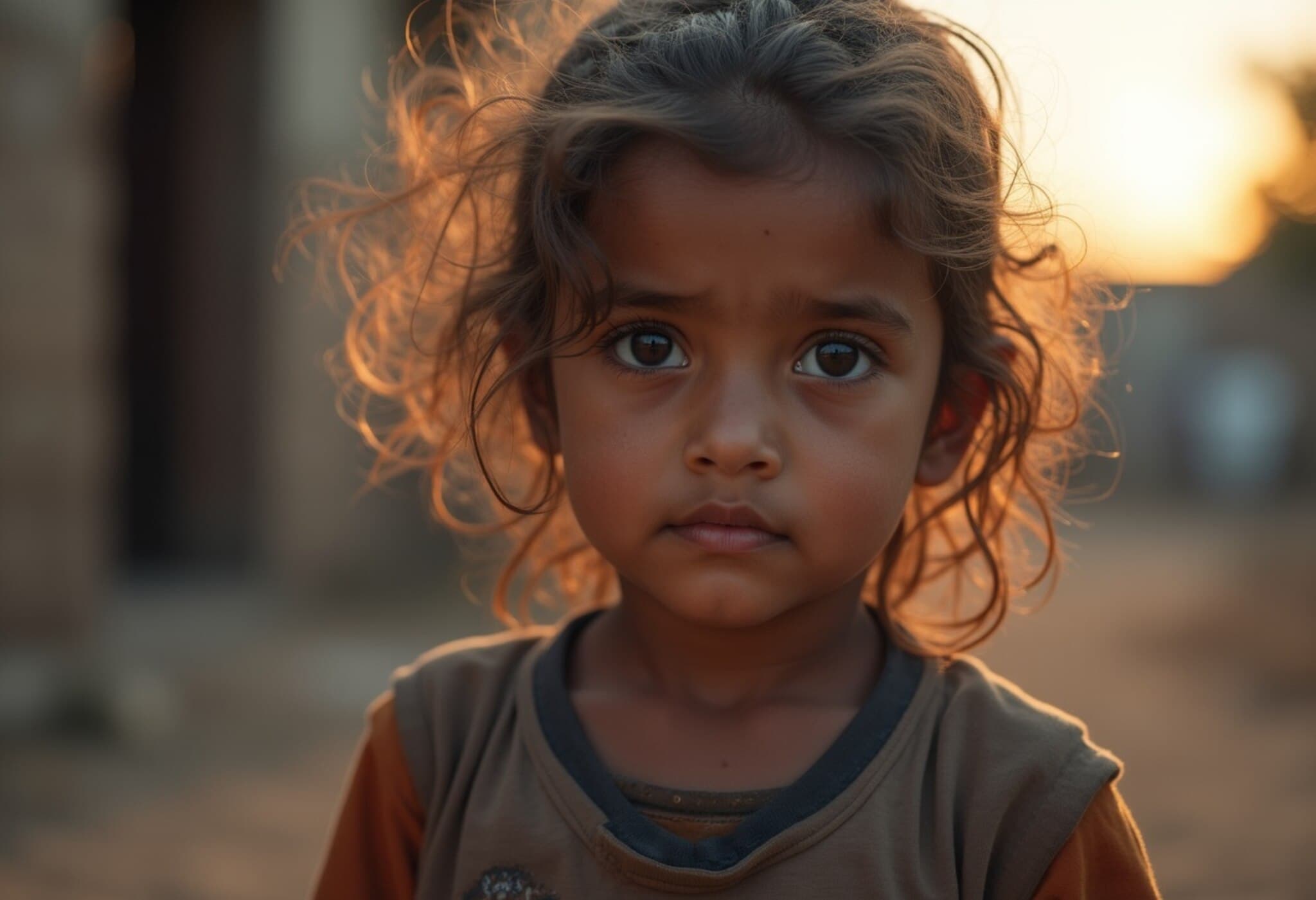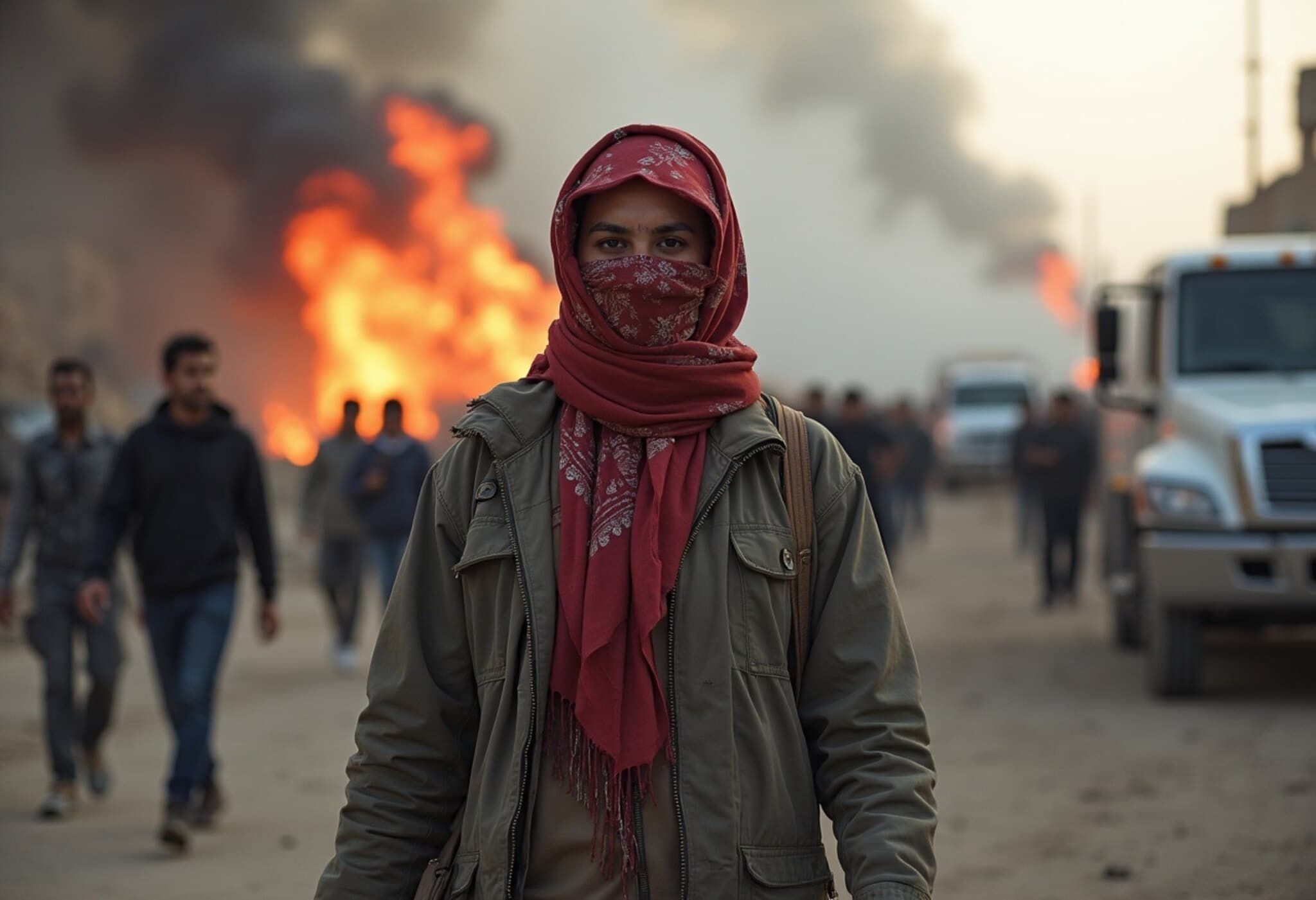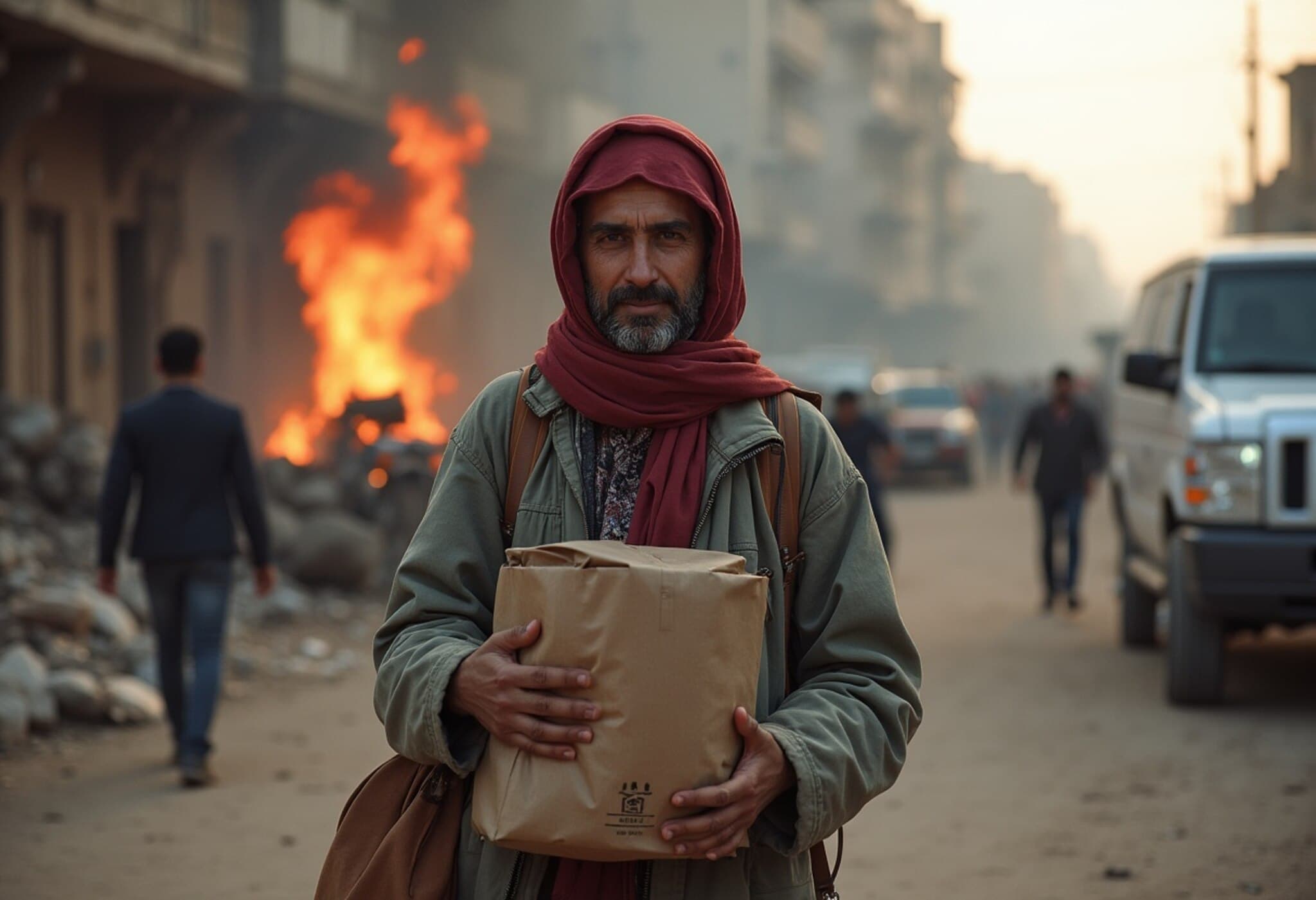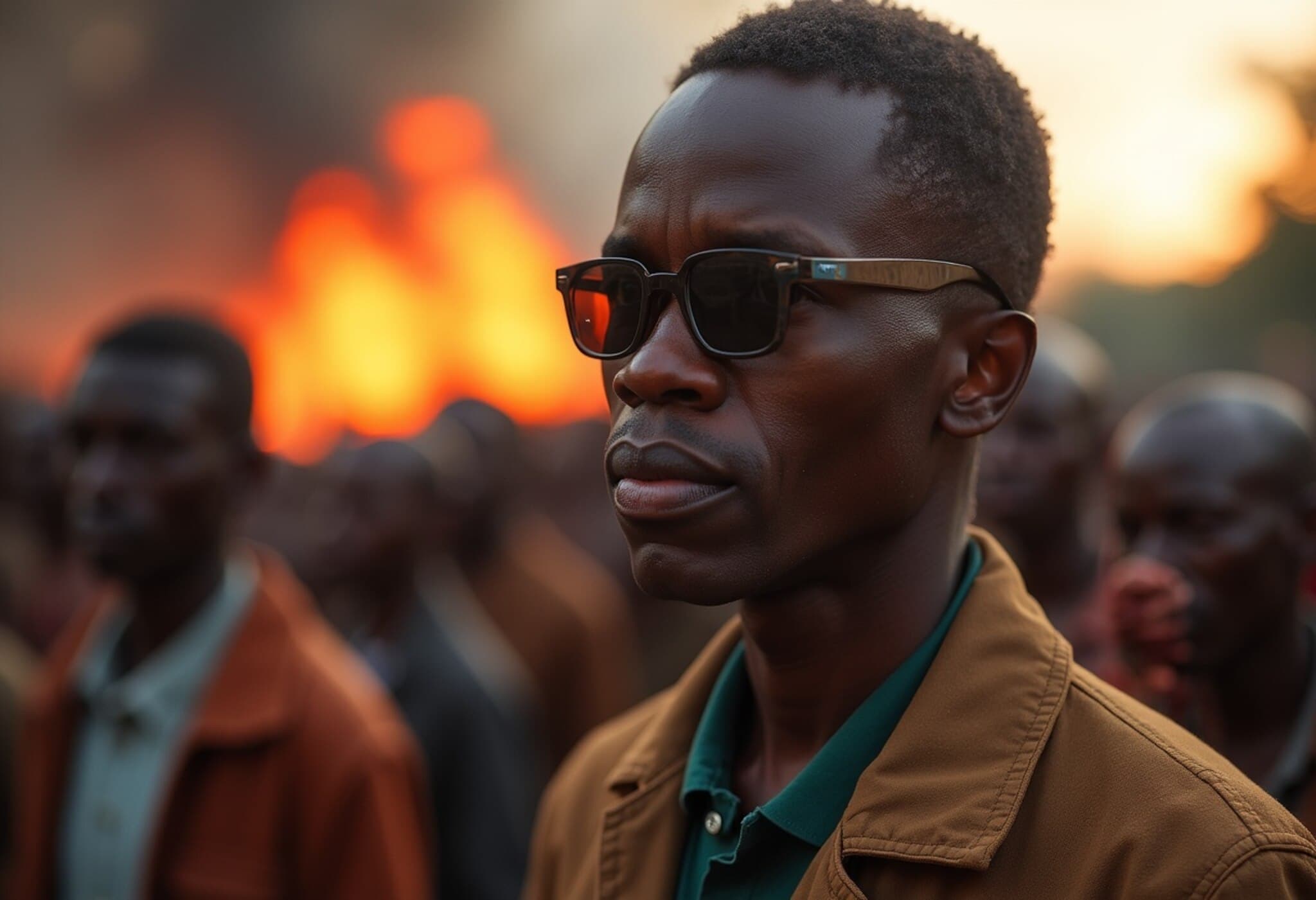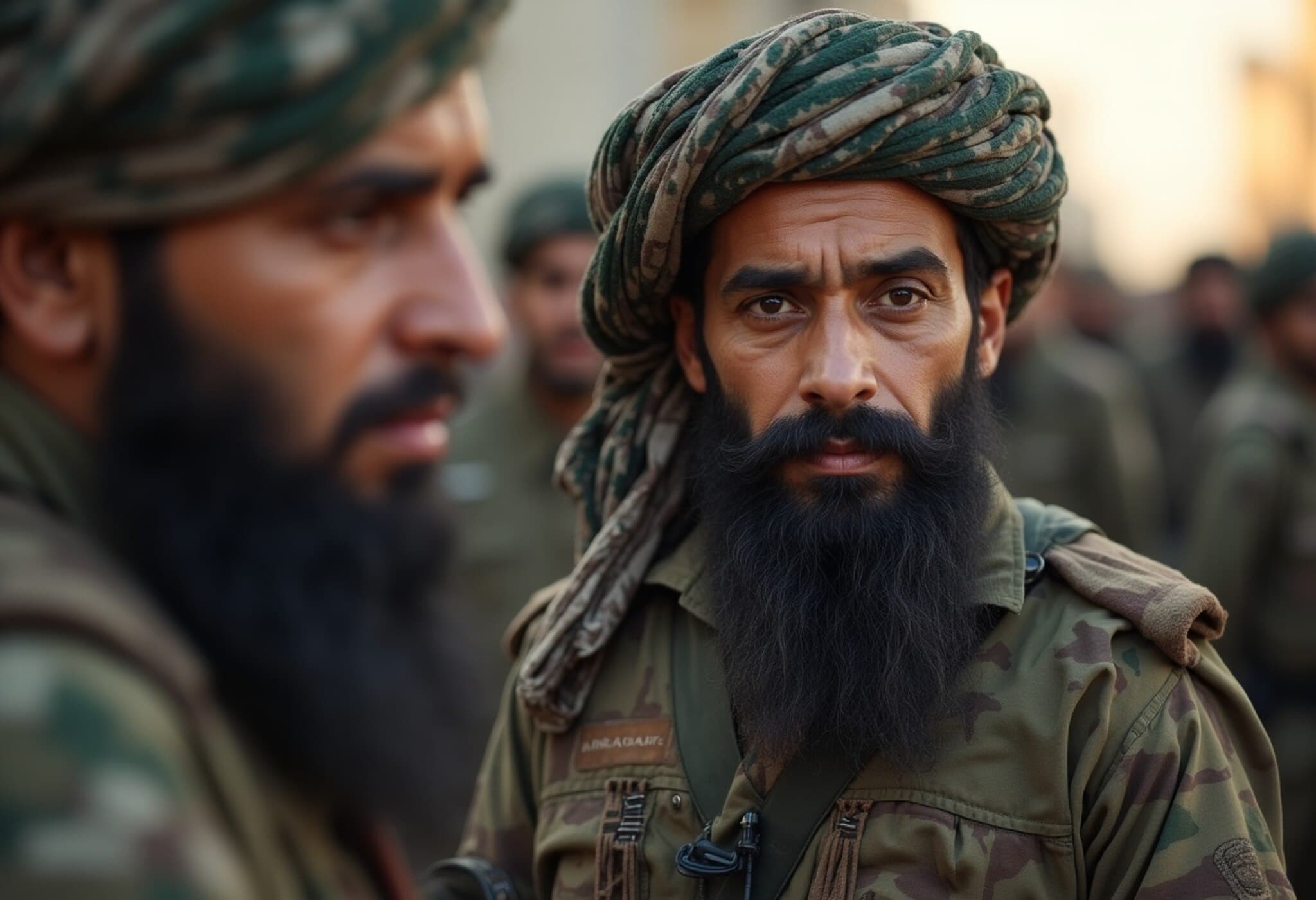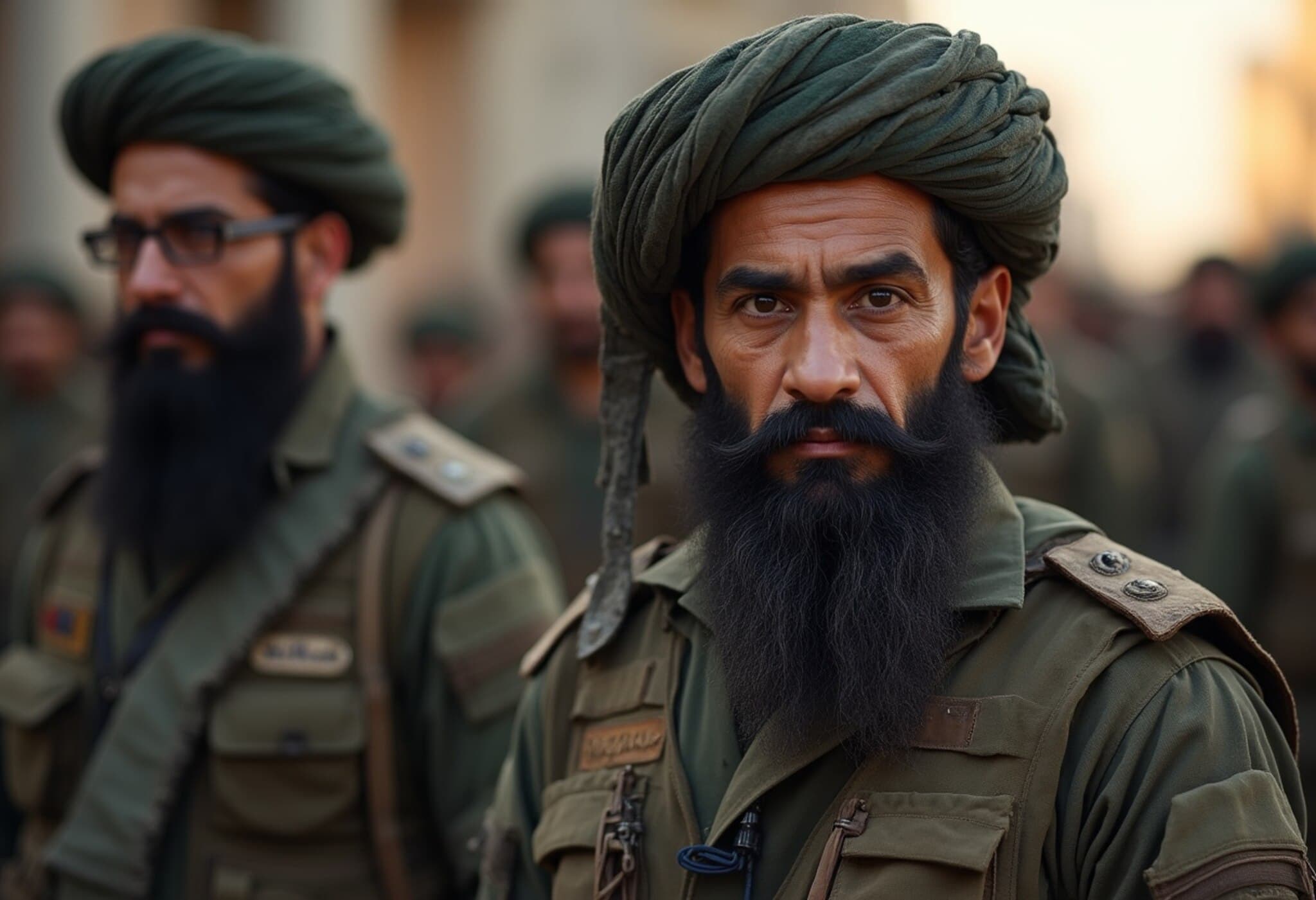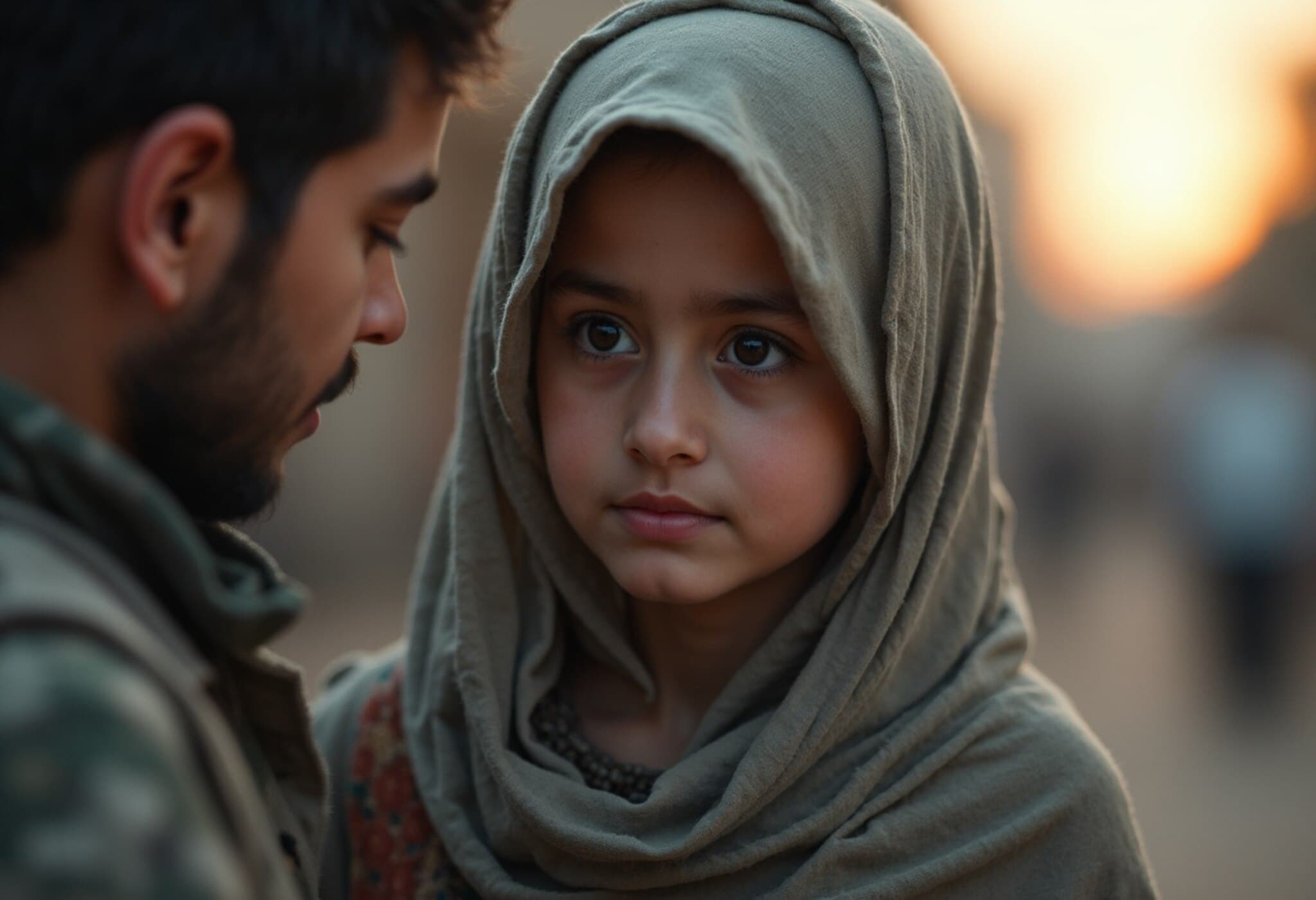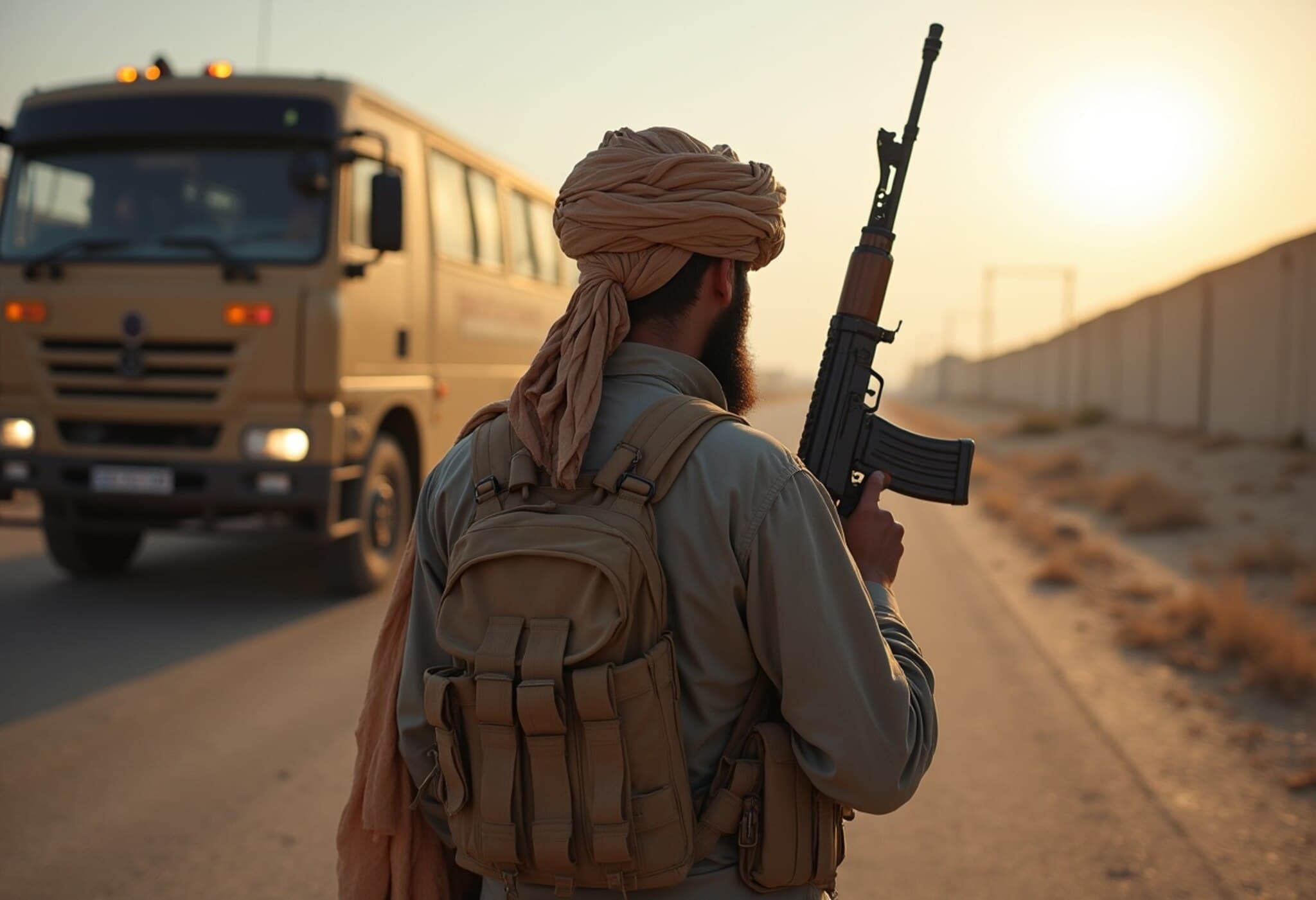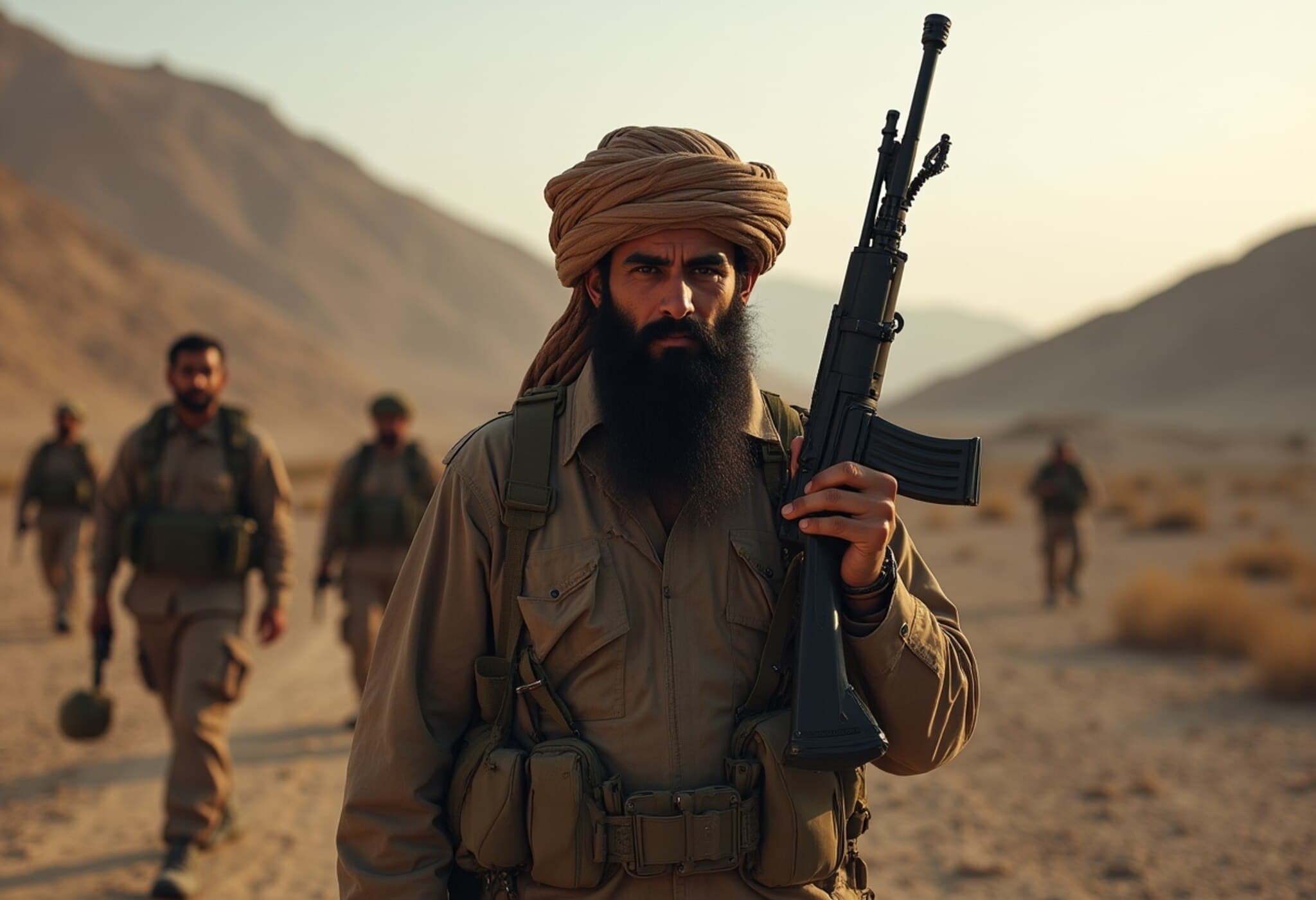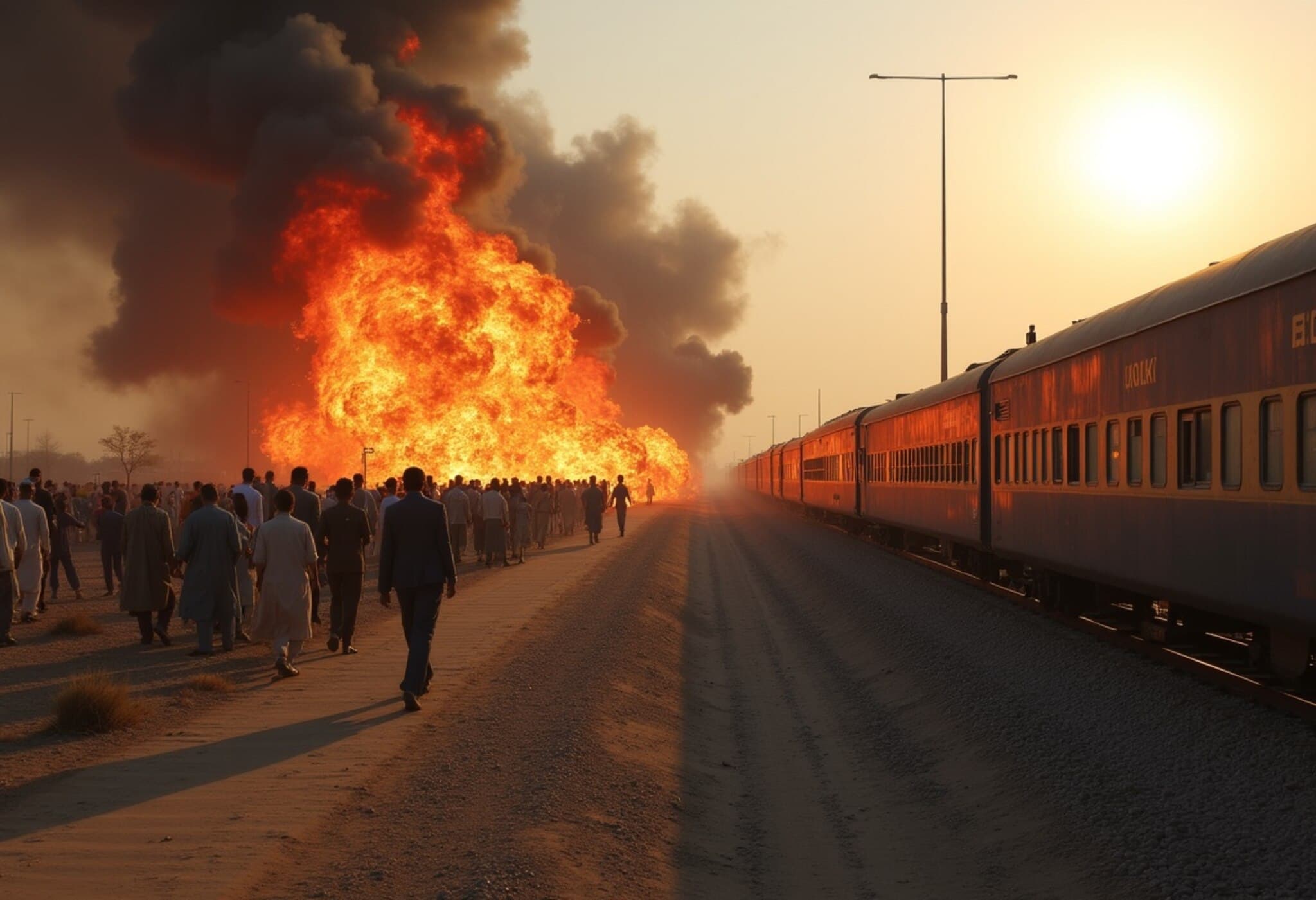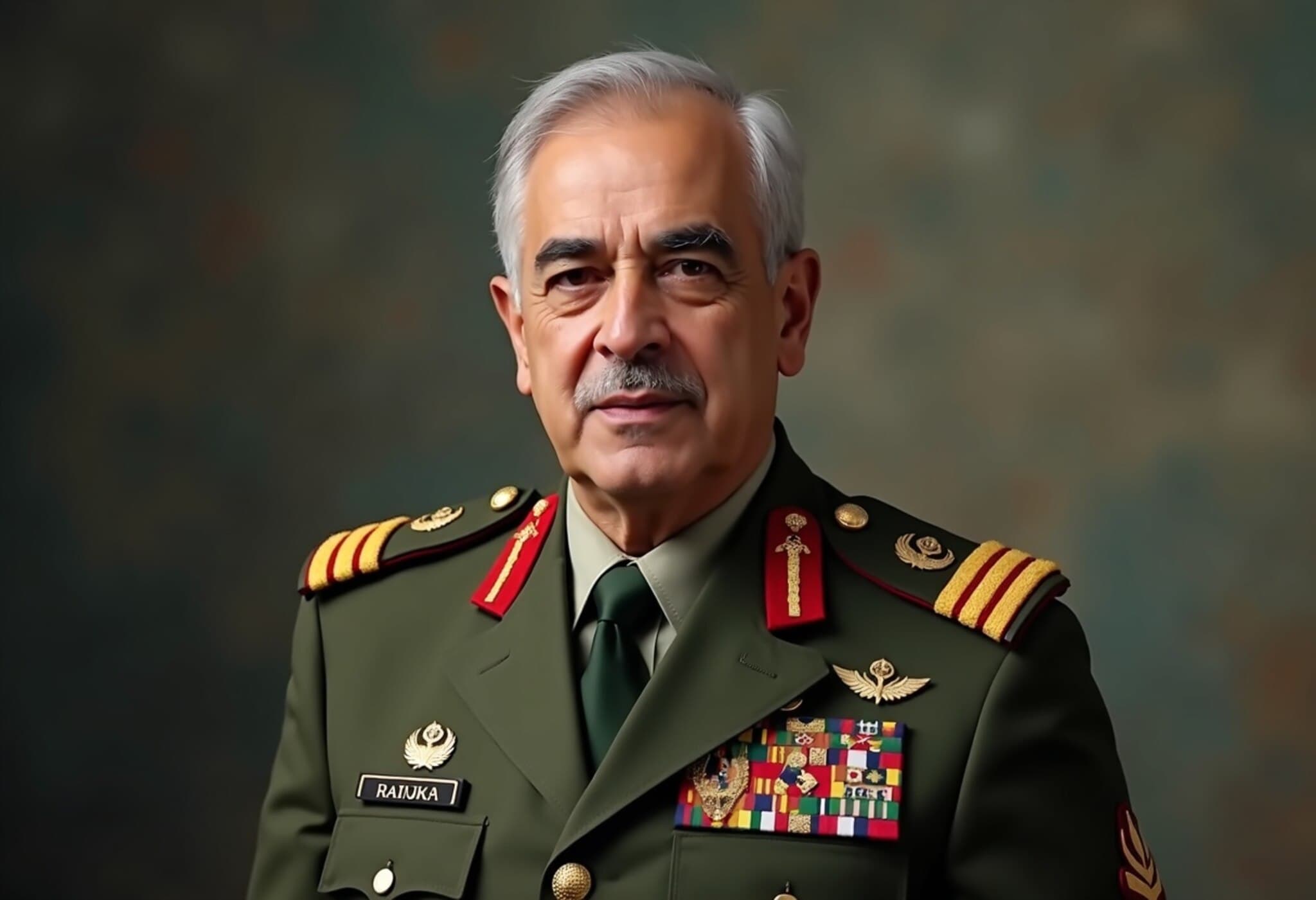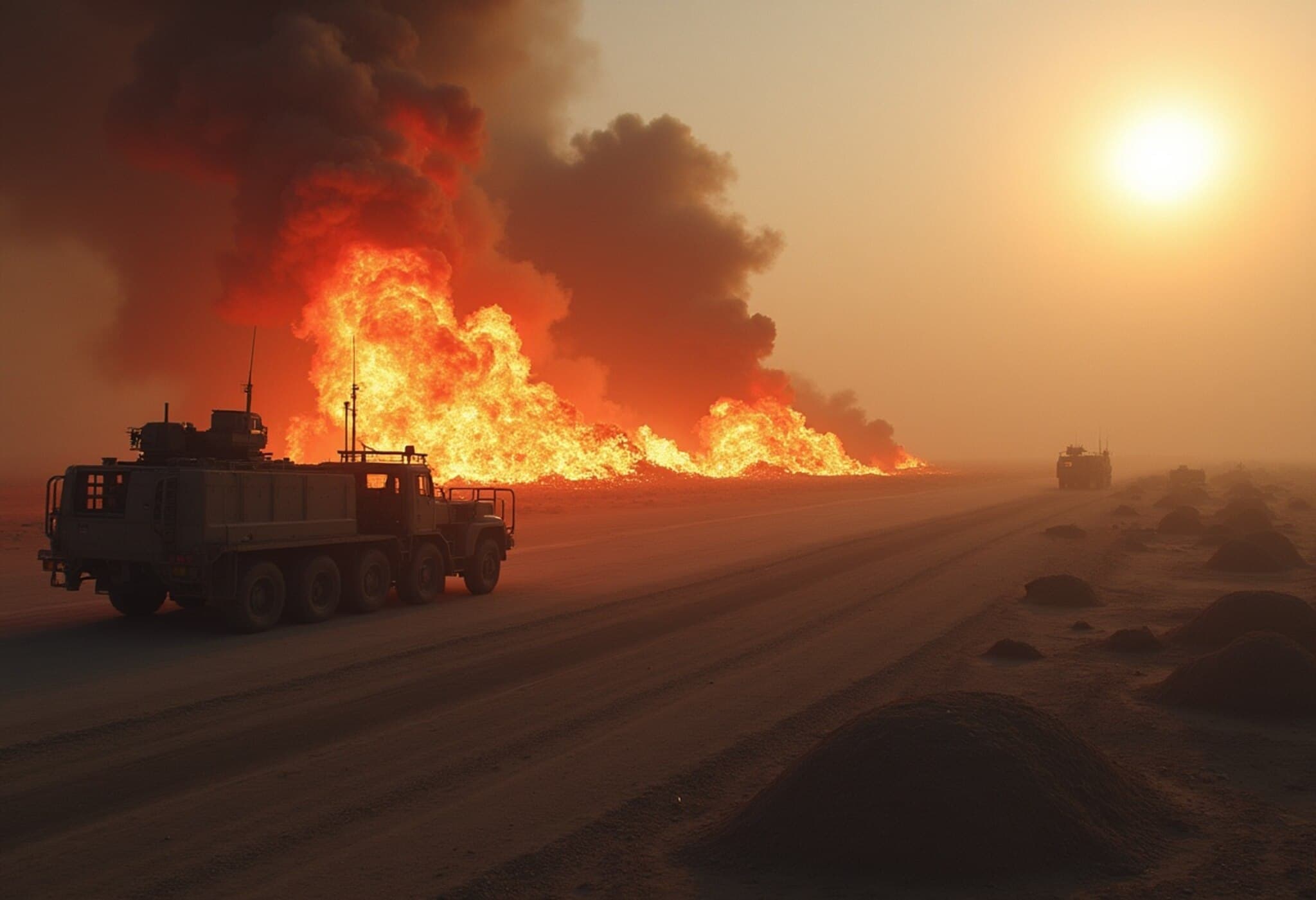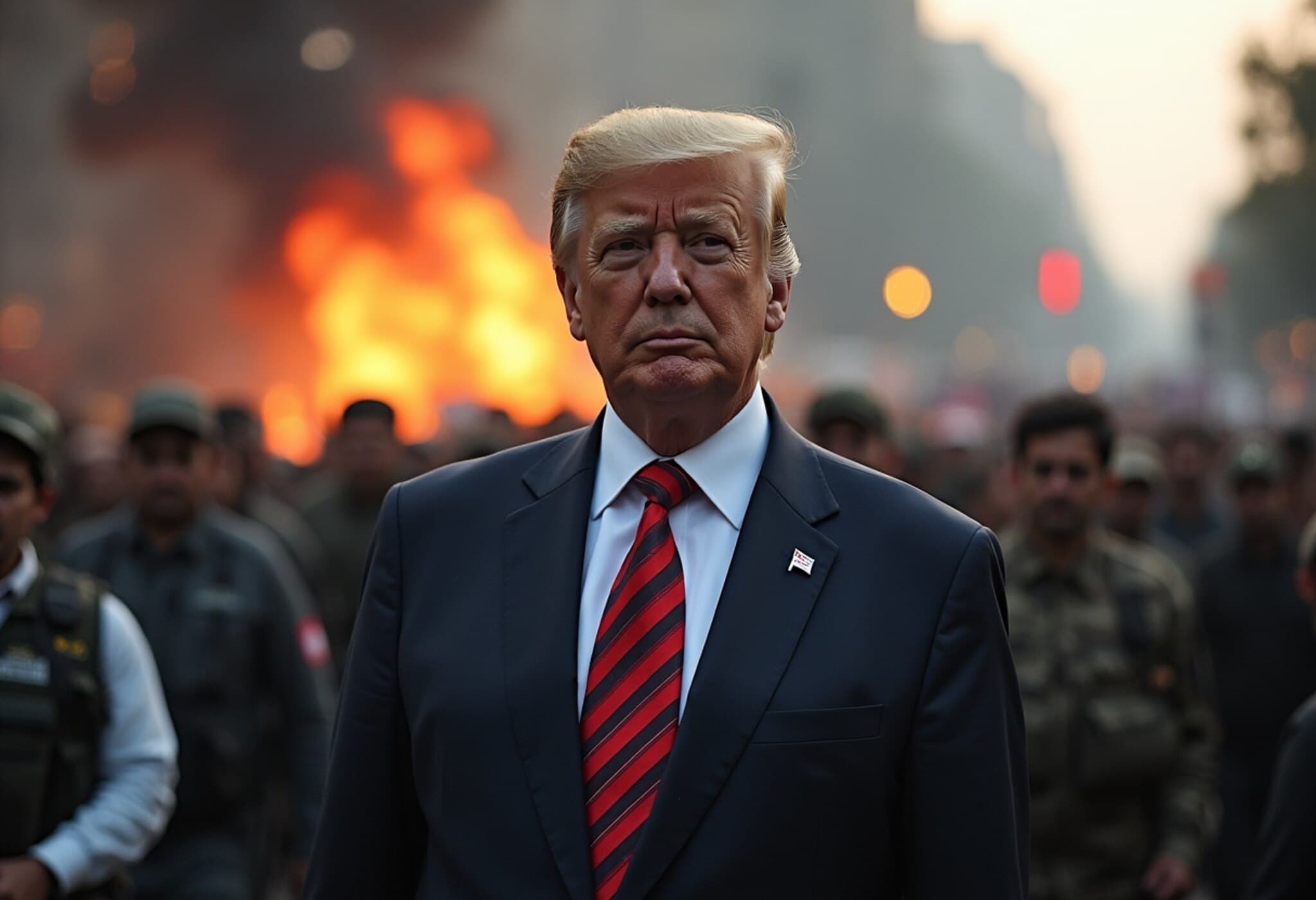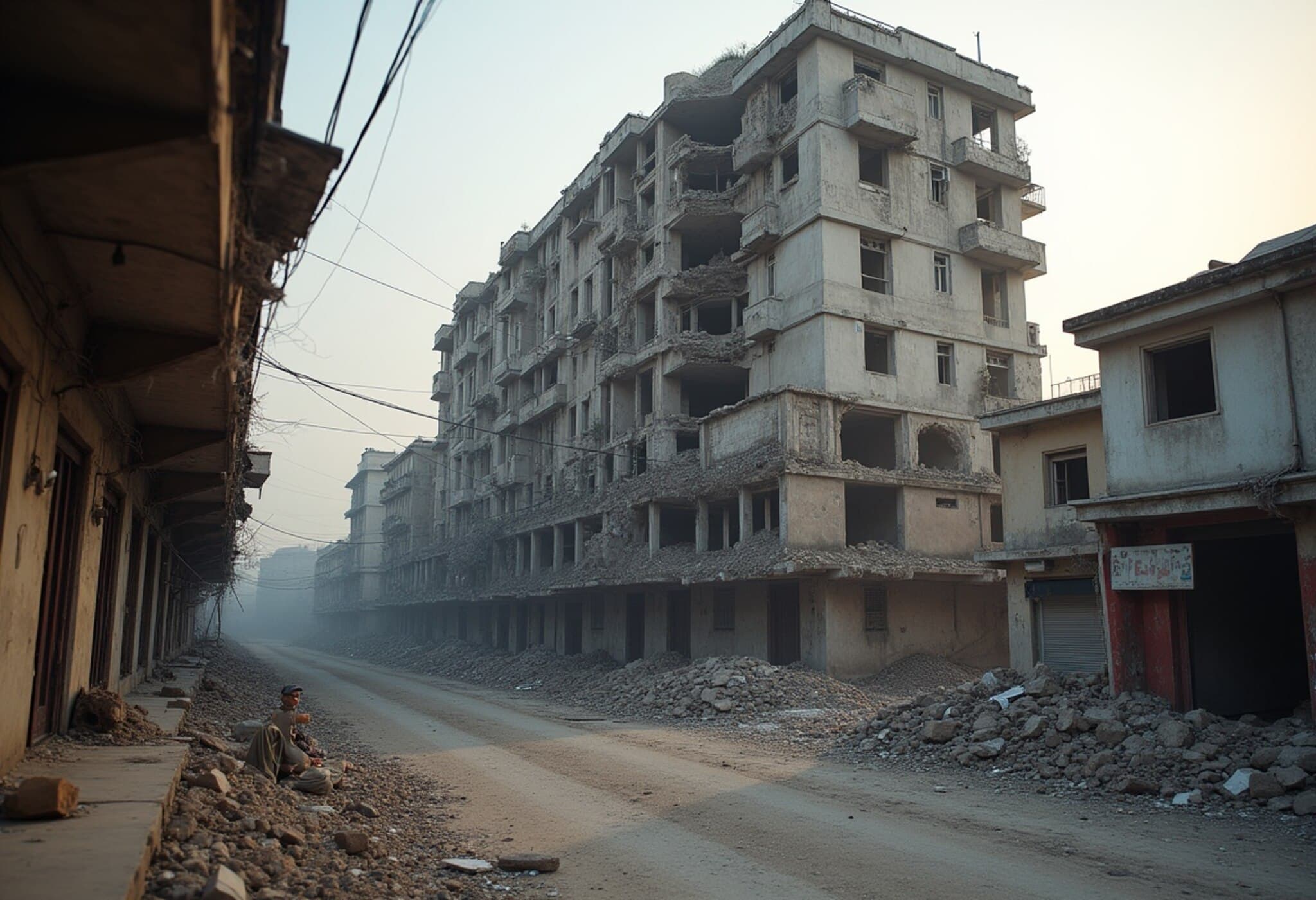Shadow of Violence Looms Over Balochistan
On the morning of June 30, 2025, a tragic chapter was added to the troubled saga of Balochistan when the body of young activist Zeeshan Zaheer was found a day after his alleged abduction by a state-backed "death squad." Zeeshan, who had taken on his father’s name after his disappearance, embodied a generation’s desperate hope for justice amid years of enforced disappearances and repression.
A Family Torn Apart: Zeeshan’s Story
Zeeshan Zaheer’s story is painfully familiar to many in Balochistan. His father, Zaheer Ahmed, vanished in 2015 when Zeeshan was just 11 years old, abducted by the Pakistani Frontier Corps. Since then, Zeeshan and his sister Adeeba have been vocal campaigners, demanding answers while bravely challenging a dangerous status quo.
According to eyewitnesses and local activists, Zeeshan was abducted on June 29 after playing goalkeeper at a local football match. Eyewitness accounts describe a black vehicle with tinted windows—typical of clandestine security operations—pulling up and forcibly taking him away. The following morning, Zeeshan’s bullet-riddled body was discovered near his family home, igniting protests and grief across the region.
The Rise of Death Squads: A Grim Reality
An activist from the Baloch Yakjehti Committee (BYC), speaking under anonymity due to security fears, reveals that Zeeshan’s murder is part of a broader, disturbing pattern. “Pakistan’s approach in Balochistan goes beyond official security forces—it includes the use of unofficial ‘death squads’ loyal to the state, operating with impunity,” they said.
These squads, described as private militias supported and funded by state agencies, wield unchecked power. They often consist of local Baloch recruited from vulnerable segments of society but turned into enforcers of state repression. This approach provides the Pakistani state a sinister cloak of plausible deniability: "They can kill, abduct, intimidate without official accountability," the activist explained.
Systemic Impunity and Human Rights Concerns
Human rights organizations have long documented disappearances, extrajudicial killings, and torture in Balochistan, but the emergence of these death squads marks an escalation. The BYC activist highlights chilling abuses including abduction of women, sexual violence, and involvement in illicit businesses such as drug smuggling. These groups reportedly enjoy the protection of intelligence agencies like the ISI, operating beyond the reach of law enforcement or judicial oversight.
This strategy arguably fosters a culture of fear, suppressing dissent, and undermining any legitimate political dialogue. It also complicates regional security dynamics, as the ongoing cycle of violence contributes to instability in a geopolitically sensitive area bordering Iran and Afghanistan.
What Does This Mean for Balochistan and Beyond?
The killing of Zeeshan Zaheer underscores an urgent humanitarian and political crisis. Beyond the devastating personal loss lies a broader narrative of a marginalized people struggling against oppressive mechanisms. The Pakistani government’s reliance on such extrajudicial methods raises profound questions about the country’s commitment to human rights, rule of law, and democratic principles.
For policymakers, particularly in the United States and international human rights bodies, the situation demands intensified scrutiny. Engaging with Baloch civil society, supporting transparent investigations, and pressuring Islamabad to rein in rogue militias are critical steps toward conflict resolution and protecting innocent lives.
Key Takeaways:
- Zeeshan Zaheer’s death reflects the broader targeting of Baloch activists demanding accountability for enforced disappearances.
- Pakistan’s use of state-backed death squads exemplifies a shadowy apparatus undermining official law enforcement.
- These militias operate with impunity, involved in serious human rights abuses including abductions and torture.
- The strategy perpetuates instability in Balochistan, raising concerns for regional security and international law.
- International attention and advocacy are vital for addressing the ongoing crisis and supporting victims.
Editor’s Note
The tragic fate of Zeeshan Zaheer serves as a stark reminder that behind geopolitical headlines lie individual stories of courage, loss, and resilience. Balochistan’s crisis is not simply a local dispute—it's a litmus test for human rights enforcement in an era where shadowy paramilitary groups threaten to erode societal trust and safety. As readers and global citizens, we must ask: what role can the international community play in dismantling these clandestine power structures, and how can justice be served for the countless families still waiting for their loved ones to return?

